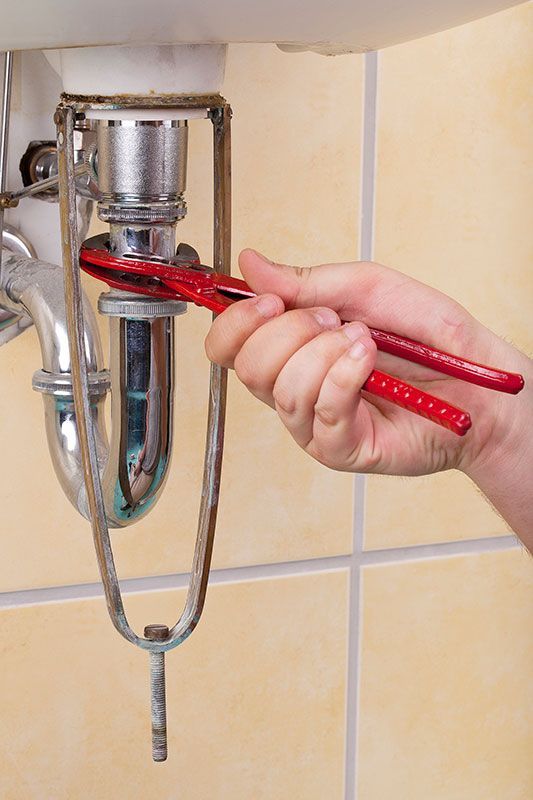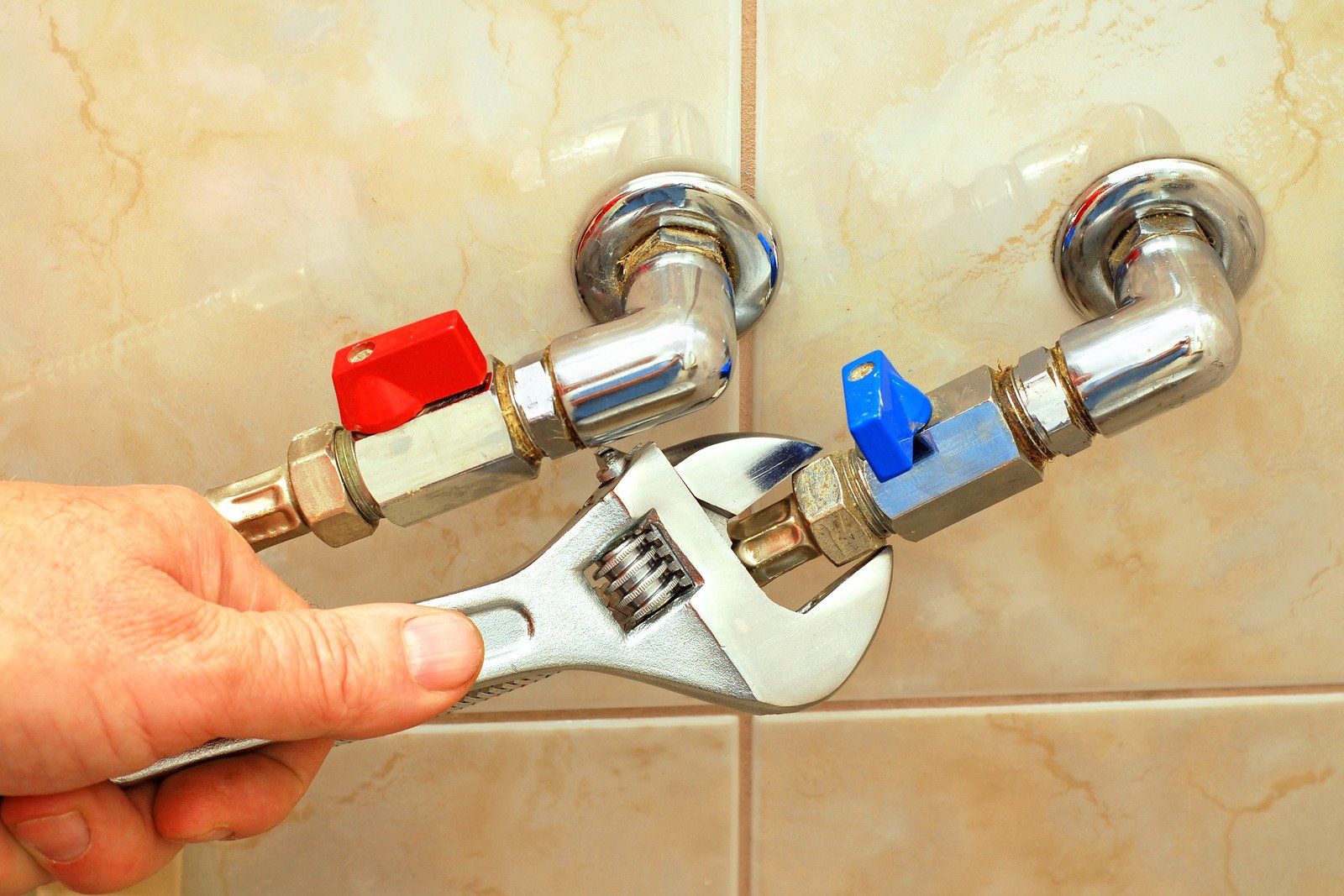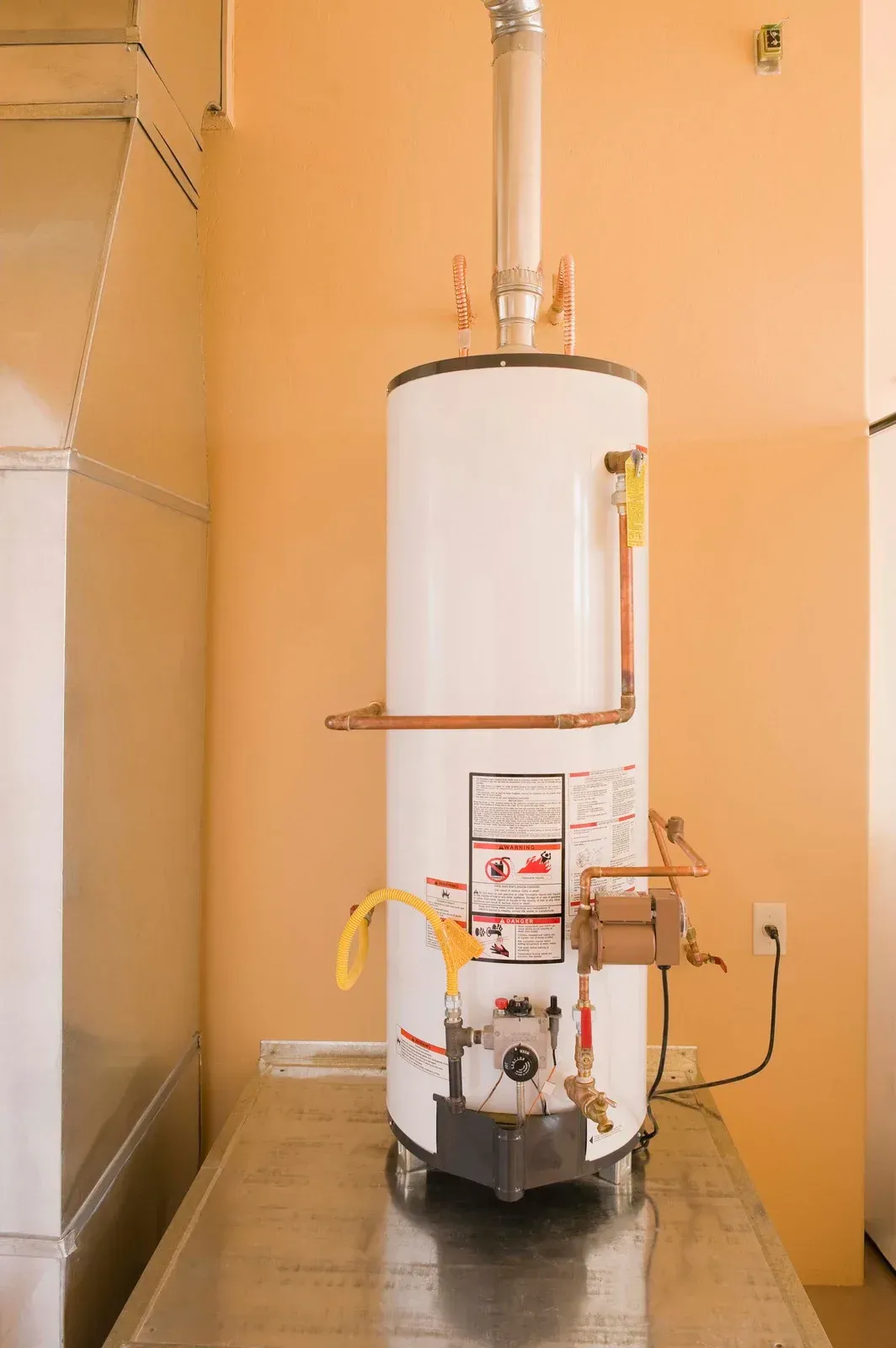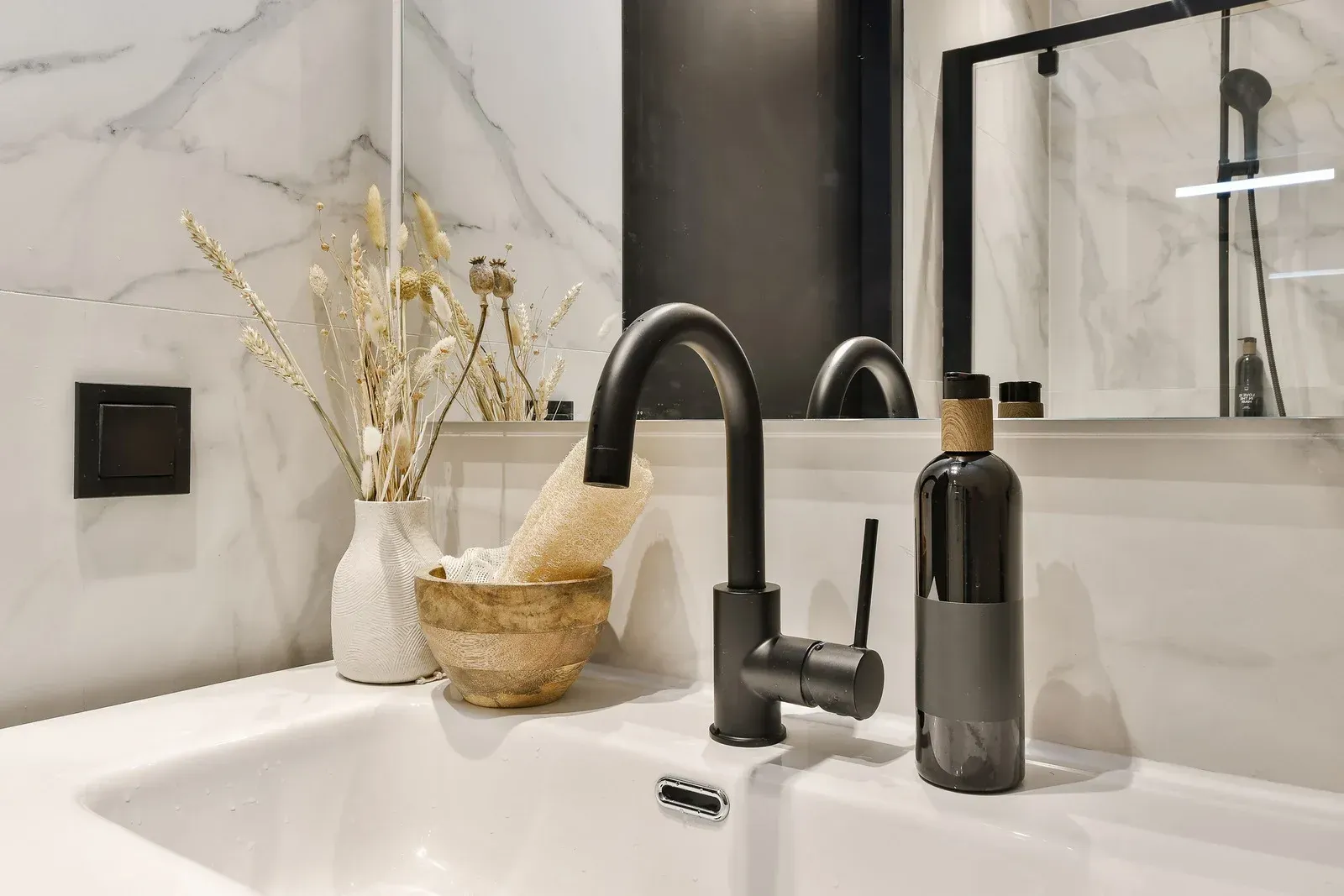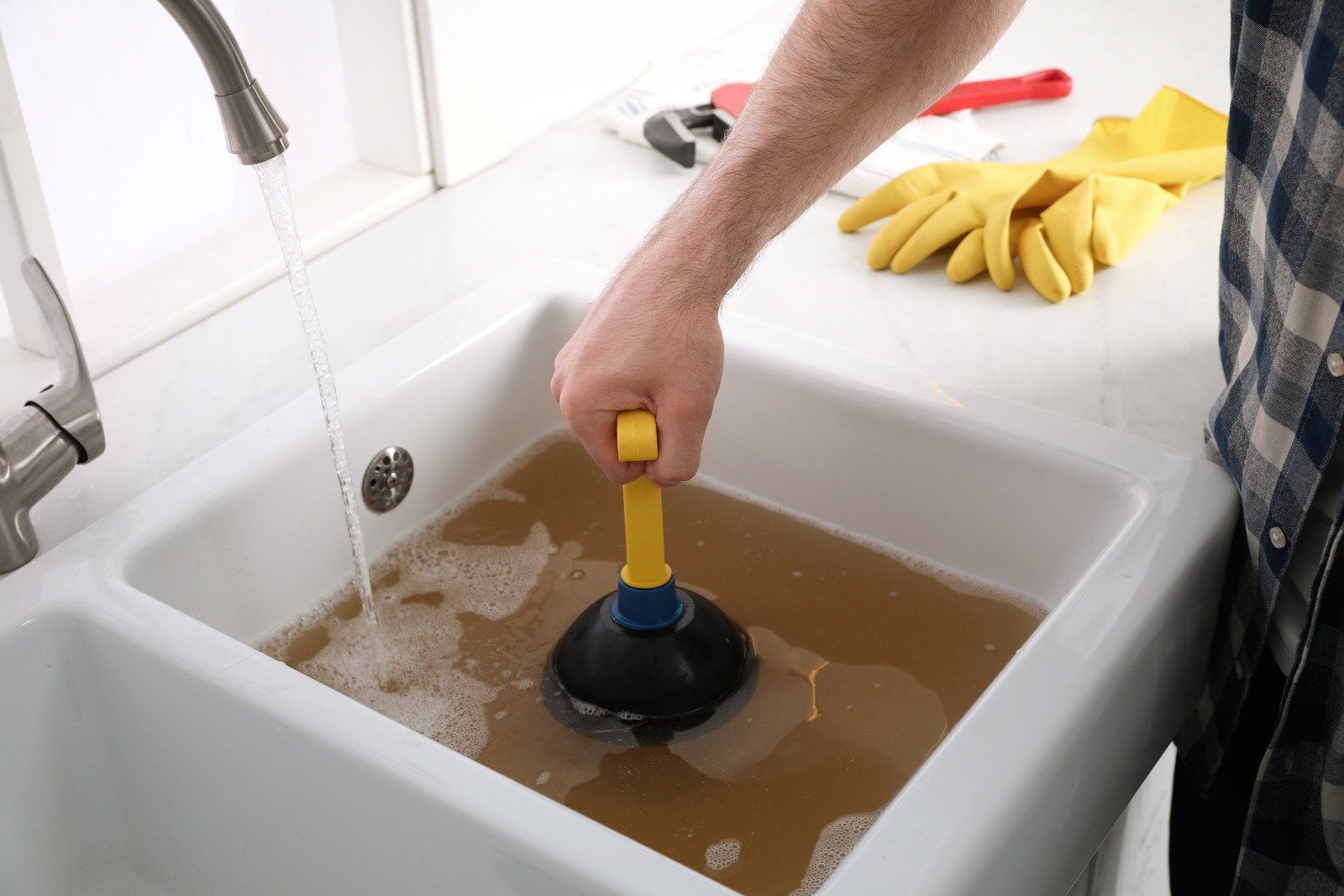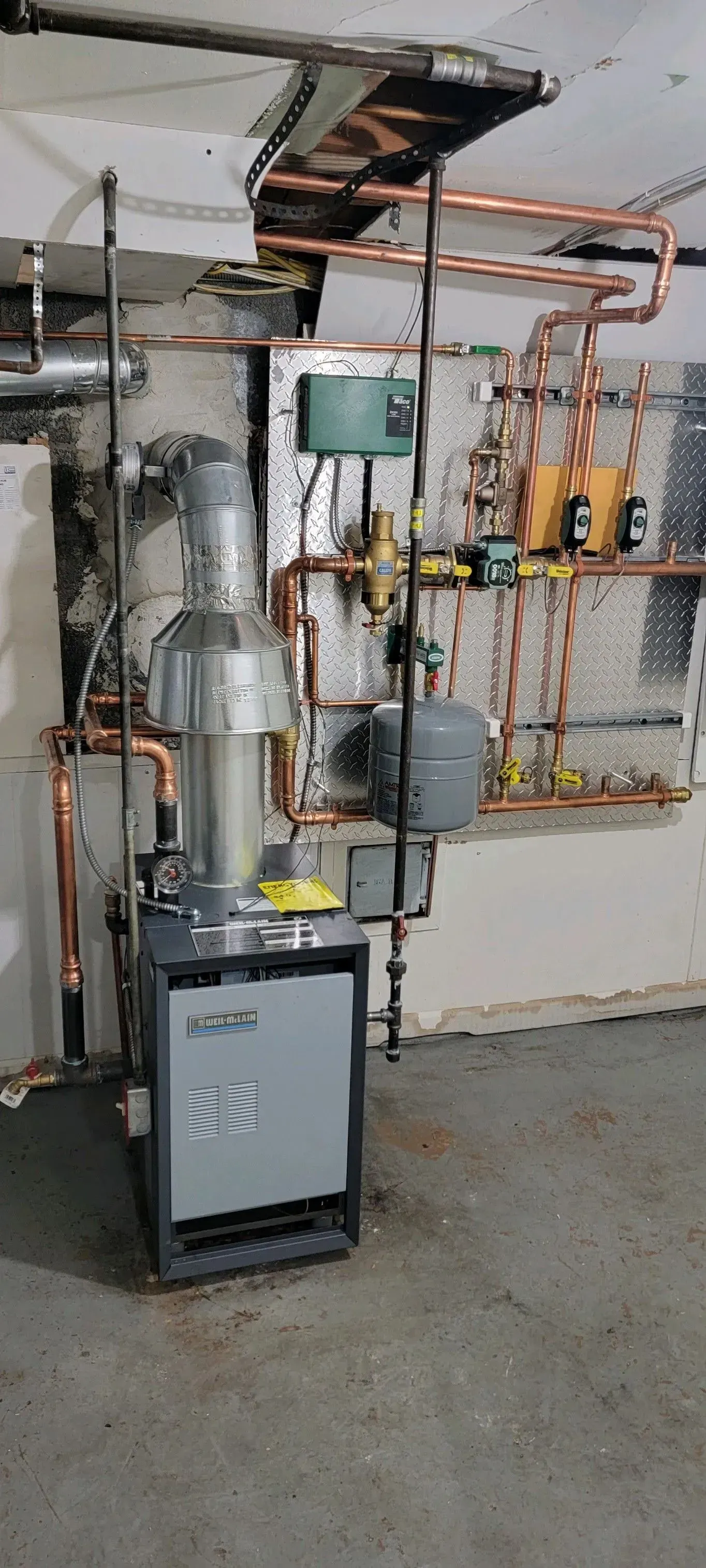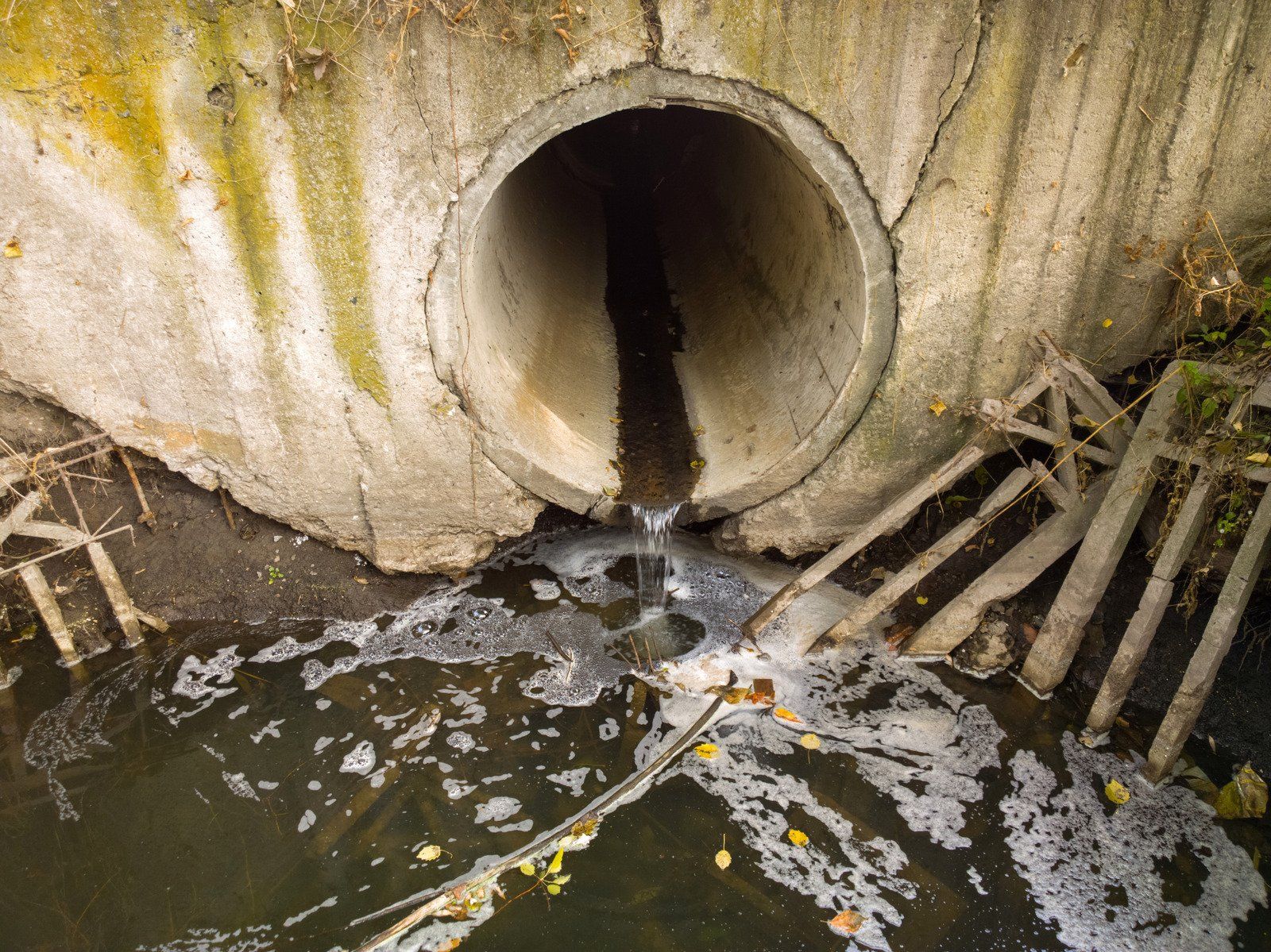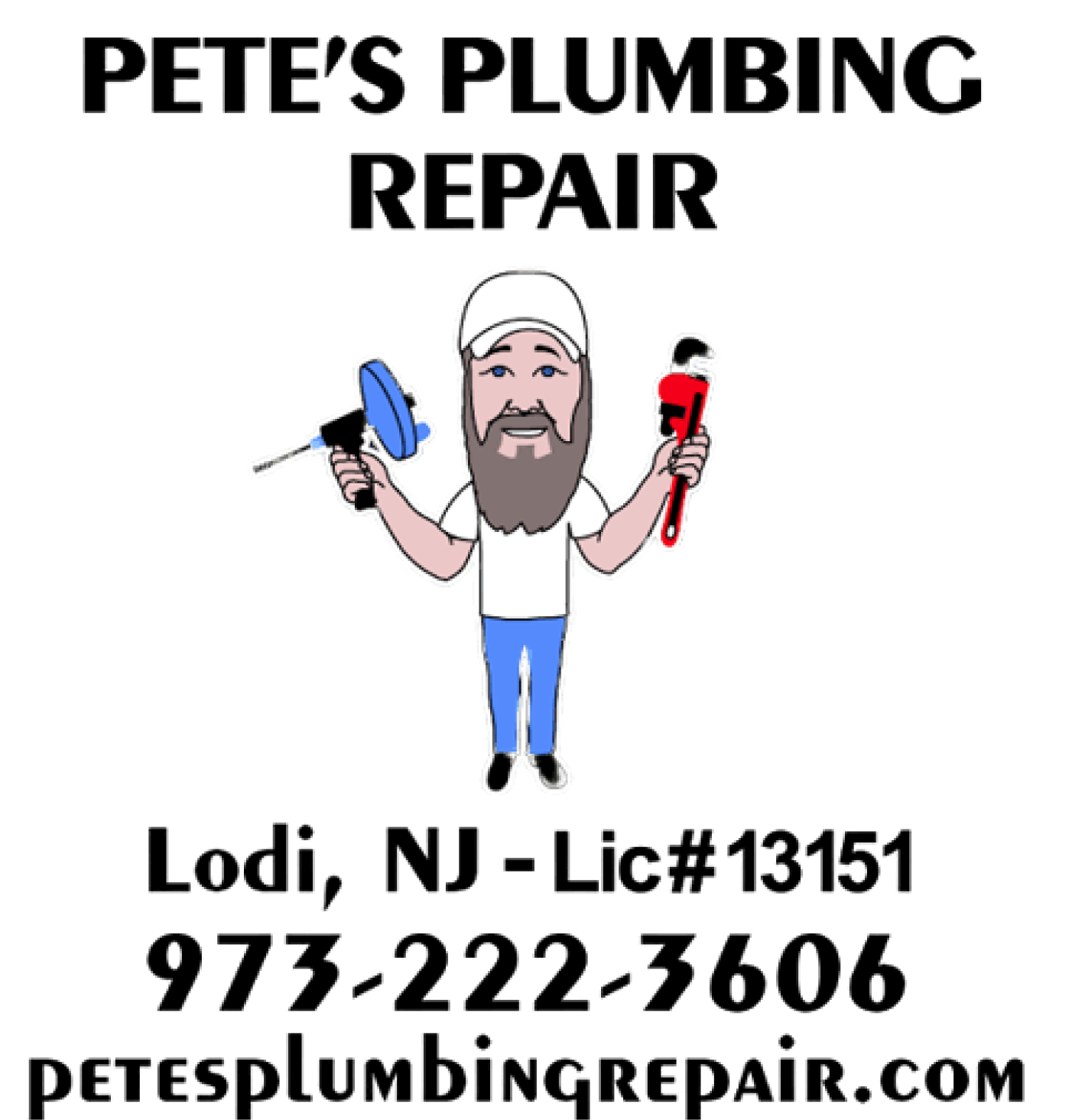WHEN SHOULD YOU CALL FOR A BOILER INSPECTION? KEY TIMES & WHAT TO EXPECT?
Boilers are critical for keeping your home or commercial space warm and functional, especially during the colder months. However, like any complex system, they require regular maintenance to operate safely and efficiently. Knowing when to schedule a boiler inspection can prevent unexpected breakdowns, reduce energy costs, and extend the lifespan of your equipment. Both homeowners and business owners benefit from understanding the key times for inspection and what to expect during the process.
1. Before the Heating Season
One of the most important times to schedule a boiler inspection is before the start of the heating season. Boilers that have been idle for several months may develop issues that are not immediately visible, such as leaks, corrosion, or clogged components. A pre-season inspection ensures that the system is ready for consistent use, helping to avoid cold mornings, emergency repairs, and higher utility bills. Professional technicians can test the system, check pressure levels, and identify components that may require servicing or replacement.
2. After Major Repairs or Installation
Whenever a new boiler is installed or significant repairs are completed, it’s essential to have a thorough inspection. This confirms that all work was performed correctly, connections are secure, and safety systems are functioning properly. Even minor installation errors or overlooked maintenance steps can lead to inefficient operation, leaks, or safety hazards such as carbon monoxide buildup. A certified technician can verify compliance with manufacturer guidelines and local safety codes.
3. Unusual Noises or Performance Issues
If your boiler starts making banging, clanging, or whistling sounds, it’s a signal that something may be wrong. Similarly, if the system is not heating efficiently or you notice fluctuations in water pressure or temperature, it’s time to call a professional. Ignoring these signs can worsen damage over time, potentially leading to costly repairs or even system failure. A technician will perform a detailed inspection to diagnose and correct the underlying problem.
4. Signs of Leaks or Corrosion
Visible water leaks, rust, or mineral buildup around the boiler indicate that the system needs attention. Corrosion can weaken metal components, while leaks may cause water damage to your property. Regular inspections can detect early-stage issues before they escalate, ensuring safe operation and reducing repair costs. Technicians will check pipes, valves, and the pressure relief system to prevent potential hazards.
5. Annual Preventive Maintenance
Even without visible problems, scheduling a yearly boiler inspection is highly recommended. Preventive maintenance allows technicians to clean components, check for wear and tear, and optimize system performance. This routine care extends the life of your boiler, improves energy efficiency, and minimizes the likelihood of emergency repairs during peak usage periods.
What to Expect During a Boiler Inspection
A
professional boiler inspection typically includes checking pressure and temperature settings, examining safety controls, testing the burner and heat exchanger, and inspecting for leaks or corrosion. Technicians may also clean or replace filters, flush sediment from the system, and provide recommendations for repairs or upgrades if needed. The goal is to ensure safe, reliable, and efficient operation throughout the year.
Conclusion
Pete's Plumbing Repair LLC
provides comprehensive boiler inspection and maintenance services for residential and commercial clients across Lodi, Bergen, and Passaic County, New Jersey. By scheduling inspections at key times—before the heating season, after repairs, when performance issues arise, and as part of annual preventive maintenance—property owners can protect their investment, maintain comfort, and ensure the safe operation of their heating system.



